
Every Monday, I find myself in a bit of NFL data purgatory. We’re waiting for the week to come to a proper ending, and the data is still yet to be finalized. It’s a great time, however, to look at some historical trends and do some digging on some things we can leverage in the upcoming week. This piece will be out on Tuesdays, but it won’t have the same format or topic each week. The formula will change as I poke around with the data we have access to here. It’ll just be my musings on something that caught my eye. If there’s something to it, I’ll give you some way to leverage the conclusions in fantasy for the upcoming week.
An Aside on Coach Criticism
We, as a community, spend a lot of time dissecting decisions that coaches (and referees, for that matter) are forced to make in a split second. It’s not always fair to criticize when those snap judgments go sideways and don’t work out. We’re also working within the confines of a small-sample sport that magnifies these decisions. If you are a coach in the NFL and you make two decisions across the whole season that end result in losses (even if you made a logically sound call), you’ve thrown away nearly 12% of your games for the season.
That reality ramps up the pressure and disincentivizes coaches from making against-the-grain decisions. If a team is “gritty” and “keeps it close” in a game they end up losing, that’s fine in the eyes of the old guard. If a team makes too many “spreadsheet-based” decisions and they end up losing, those decisions are viewed as poor.
Why are people mad at John Harbaugh?
That brings us to John Harbaugh’s decision to go for two on Sunday. He made the move in a situation in which it shouldn’t have been controversial, but it was a point of disdain for some of the old-school football talking heads after the game. It was truly the perfect sequence of events to inspire a media dragging:
- Rare decision
- Didn’t work
- Lost the game
If we look at all of the plays run since the start of 2010, we see just how rare this situation is. To filter it down to similar situations, I filtered to the Point After Attempt or Two-Point conversion attempts with the team down by exactly 9 points in the second half. There are only 92 such plays since 2010. So the rarity of this occurrence certainly added to some of the misplaced confusion. The fact that the conversion attempt didn’t work and that the Ravens went on to lose the game makes it even more controversial. If he goes for it and Baltimore wins, all is forgiven.
There’s a very important understanding in that quote that Twitterheads and the old guard don’t fully grasp. You want the information as soon as possible so that you know what has to be done to win the game. And you don’t want to be forced into a situation where the only two-point conversion you go for is the one that can end the game.
The black line represents the time that the Ravens had left in the game. Going for two is the right decision regardless, but with that much time left, you can feel pretty confident that you’ll have multiple possessions after your two-point attempt. No matter what, you need a stop from your defense.
If Harbaugh kicked the extra point and is down by 8, he would have been left with a bunch of mediocre options when the Ravens got the ball back.
If Baltimore scores and makes the two-point conversion on their subsequent possession, they’re either:
- Giving the ball back to the other team with a chance to just get into field goal range
- At best, heading to overtime
If you miss the two-point conversion, you’re either:
- Hoping to recover an onside kick
- Out of time and just lost the game
“Analytics” doesn’t account for some things
Momentum, among other things, gets thrown around so much in this context that it must matter, right? “Make it a one-score game” is an idea that’s been drilled into our heads by all of the broadcasts we’ve watched and the football guys we’ve heard discuss these things.
The problem? It doesn’t actually work. Of the 75 games that have had this decision point in it, there have only been 4-of-75 (5%) teams to go on and win after kicking the extra point. To be fair, one game managed to end in a tie, as well. It’s clear that kicking the extra point doesn’t make it any easier to actually win anyway, so you have to question why teams are doing it at all.








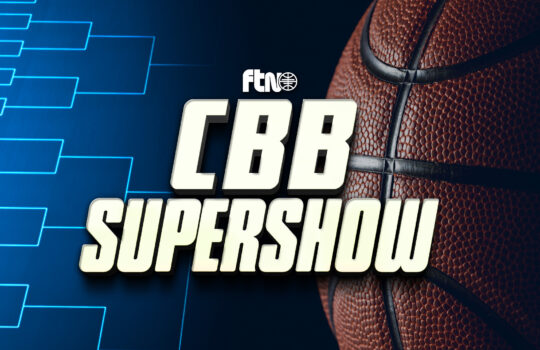




















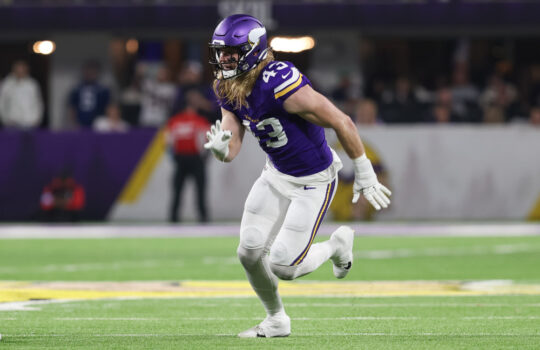



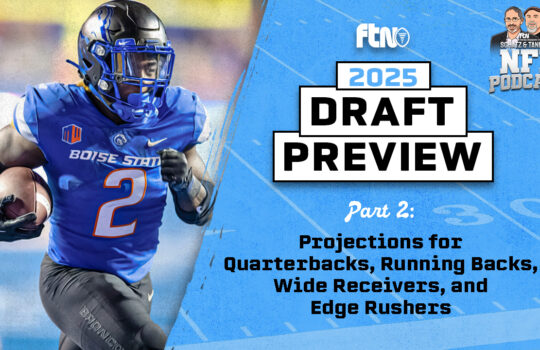

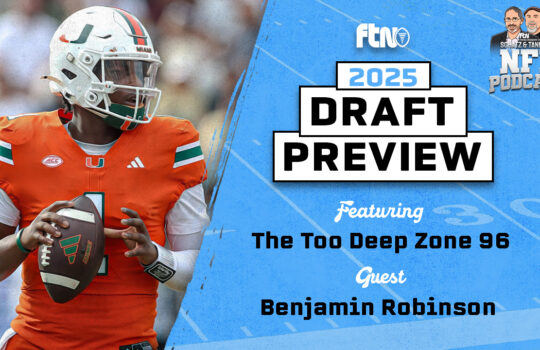
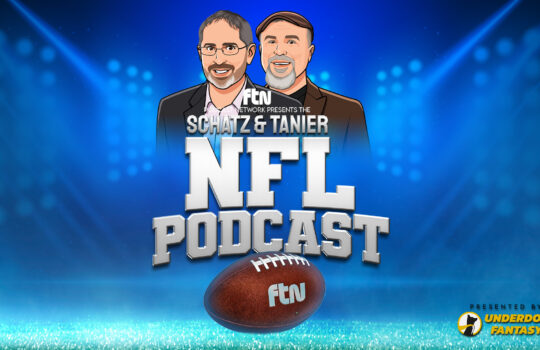








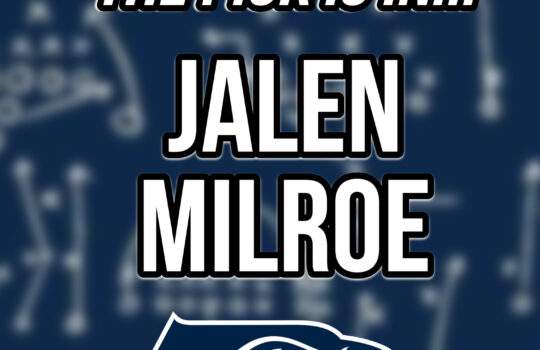

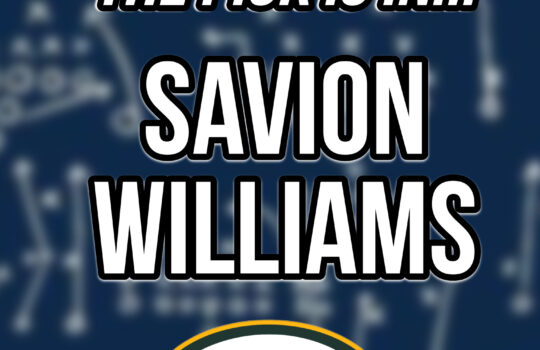
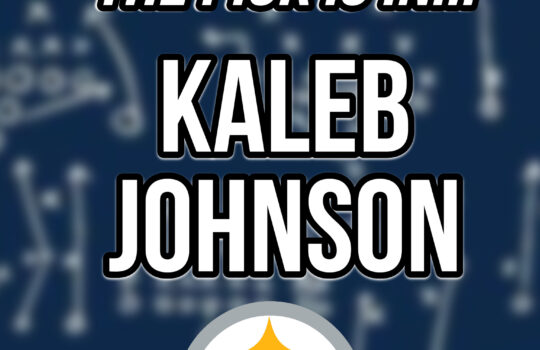

 New York Jets
New York Jets  New England Patriots
New England Patriots 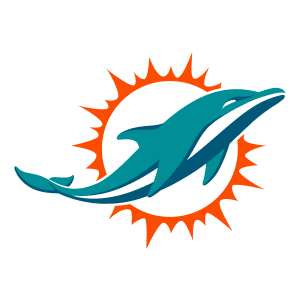 Miami Dolphins
Miami Dolphins  Buffalo Bills
Buffalo Bills  Pittsburgh Steelers
Pittsburgh Steelers  Cleveland Browns
Cleveland Browns  Cincinnati Bengals
Cincinnati Bengals  Baltimore Ravens
Baltimore Ravens 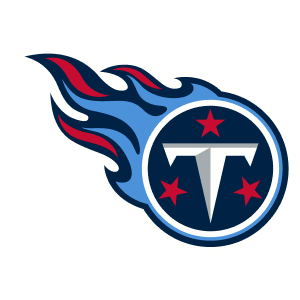 Tennessee Titans
Tennessee Titans  Jacksonville Jaguars
Jacksonville Jaguars  Indianapolis Colts
Indianapolis Colts  Houston Texans
Houston Texans  Las Vegas Raiders
Las Vegas Raiders  Los Angeles Chargers
Los Angeles Chargers  Kansas City Chiefs
Kansas City Chiefs  Denver Broncos
Denver Broncos  Washington Commanders
Washington Commanders  Philadelphia Eagles
Philadelphia Eagles  New York Giants
New York Giants  Dallas Cowboys
Dallas Cowboys  Minnesota Vikings
Minnesota Vikings  Green Bay Packers
Green Bay Packers  Detroit Lions
Detroit Lions  Chicago Bears
Chicago Bears  Tampa Bay Buccaneers
Tampa Bay Buccaneers  New Orleans Saints
New Orleans Saints  Carolina Panthers
Carolina Panthers  Atlanta Falcons
Atlanta Falcons  San Francisco 49ers
San Francisco 49ers  Seattle Seahawks
Seattle Seahawks  Los Angeles Rams
Los Angeles Rams  Arizona Cardinals
Arizona Cardinals 

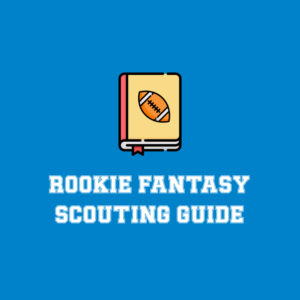






 Boston Celtics
Boston Celtics  Brooklyn Nets
Brooklyn Nets  Philadelphia 76ers
Philadelphia 76ers  New York Knicks
New York Knicks  Toronto Raptors
Toronto Raptors  Chicago Bulls
Chicago Bulls  Detroit Pistons
Detroit Pistons  Milwaukee Bucks
Milwaukee Bucks  Cleveland Cavaliers
Cleveland Cavaliers  Indiana Pacers
Indiana Pacers  Orlando Magic
Orlando Magic  Atlanta Hawks
Atlanta Hawks  Charlotte Hornets
Charlotte Hornets  Miami Heat
Miami Heat  Washington Wizards
Washington Wizards  Denver Nuggets
Denver Nuggets  Minnesota Timberwolves
Minnesota Timberwolves  Oklahoma City Thunder
Oklahoma City Thunder  Portland Trail Blazers
Portland Trail Blazers  Utah Jazz
Utah Jazz  LA Clippers
LA Clippers  Golden State Warriors
Golden State Warriors  Los Angeles Lakers
Los Angeles Lakers  Phoenix Suns
Phoenix Suns  Sacramento Kings
Sacramento Kings  Dallas Mavericks
Dallas Mavericks  Houston Rockets
Houston Rockets  Memphis Grizzlies
Memphis Grizzlies  New Orleans Pelicans
New Orleans Pelicans  San Antonio Spurs
San Antonio Spurs 










